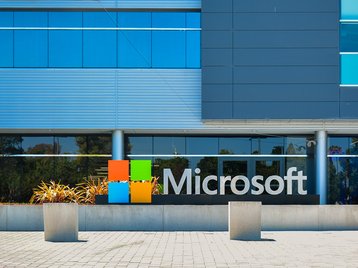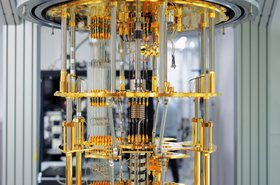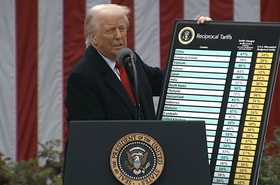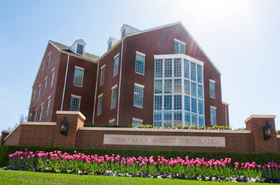Microsoft is being sued by German high-performance computing (HPC) vendor ParTec over alleged patent infringement.
The lawsuit says that Microsoft violated three of ParTec’s patents when the tech giant built its Azure AI platform.
Slated to contain tens of thousands of Nvidia A100 and H100 GPUs, the system was described as “one of the most powerful AI supercomputers in the world” when it was first announced in 2022. At the time, Microsoft said that customers would eventually be able to deploy thousands of GPUs in a single cluster to train large language models and complex recommender systems, and run generative AI models.
According to the lawsuit, which was filed in the US District Court for the Eastern District of Texas on June 10, ParTec and its licensing agent, BF exaQC AG, claim that Microsoft infringed on patents relating to its dynamic modular system architecture (dMSA).
These are tightly coupled modules that consist of a large number of interconnected accelerators or CPUs in a single system, enabling mixed HPC, AI, and big data analytics workflows to run more efficiently. The patents ParTec alleges Microsoft has infringed on were granted between 2018 and 2024.
As a consequence of this alleged offence, ParTec is seeking an injunction to stop the use of what it claims to be its patented technology, in addition to the license fees and compensation for damages. The company has also requested a jury trial.
Microsoft have been approached by DCD for comment.
Founded in 1999, Munich-based ParTec designs modular supercomputing architecture and has helped to support HPC and quantum computing research in Europe. The company has also been involved in the establishment of the Leonardo supercomputer in Bologna and the Jupiter system in Germany, the latter of which is expected to be Europe’s first exascale system.
A number of tech companies have found themselves in court on patent infringement charges in recent months.
In January 2024, Google settled a $1.67bn TPU patent infringement lawsuit that was filed by computer scientist Dr. Joseph Bates, while AWS was told to pay $525m in damages after losing a cloud storage patent infringement case against data management company Kove in April.
That same month, HPE filed a lawsuit against Inspur alleging patent infringement and deceptive business practices and in May, Micron was ordered to pay Netlist $445m after it lost a HPC memory-module patent infringement case.







